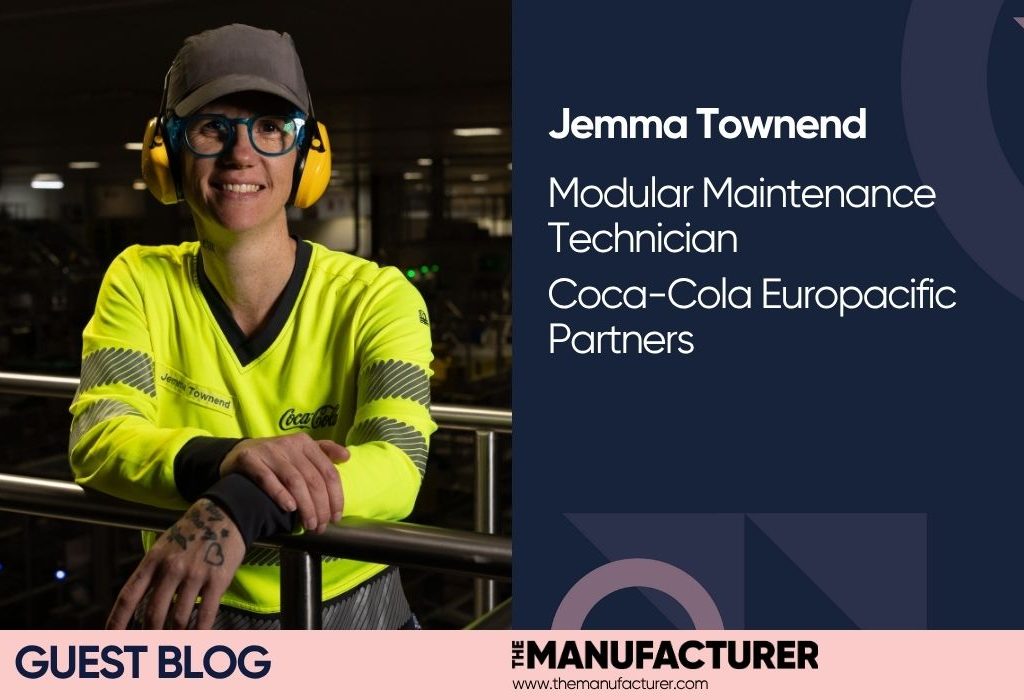With digital advancements, more agile operations and a sharper focus on sustainability, there is growing recognition that innovation doesn’t just mean new technologies or processes. It also means rethinking how we engage, support and empower the people behind the machinery and this includes deaf people in manufacturing. During the recent Deaf Awareness Week, under the…
This content is for subscribers only. Subscribe now for free to read the full article.
Already a subscriber? Login



